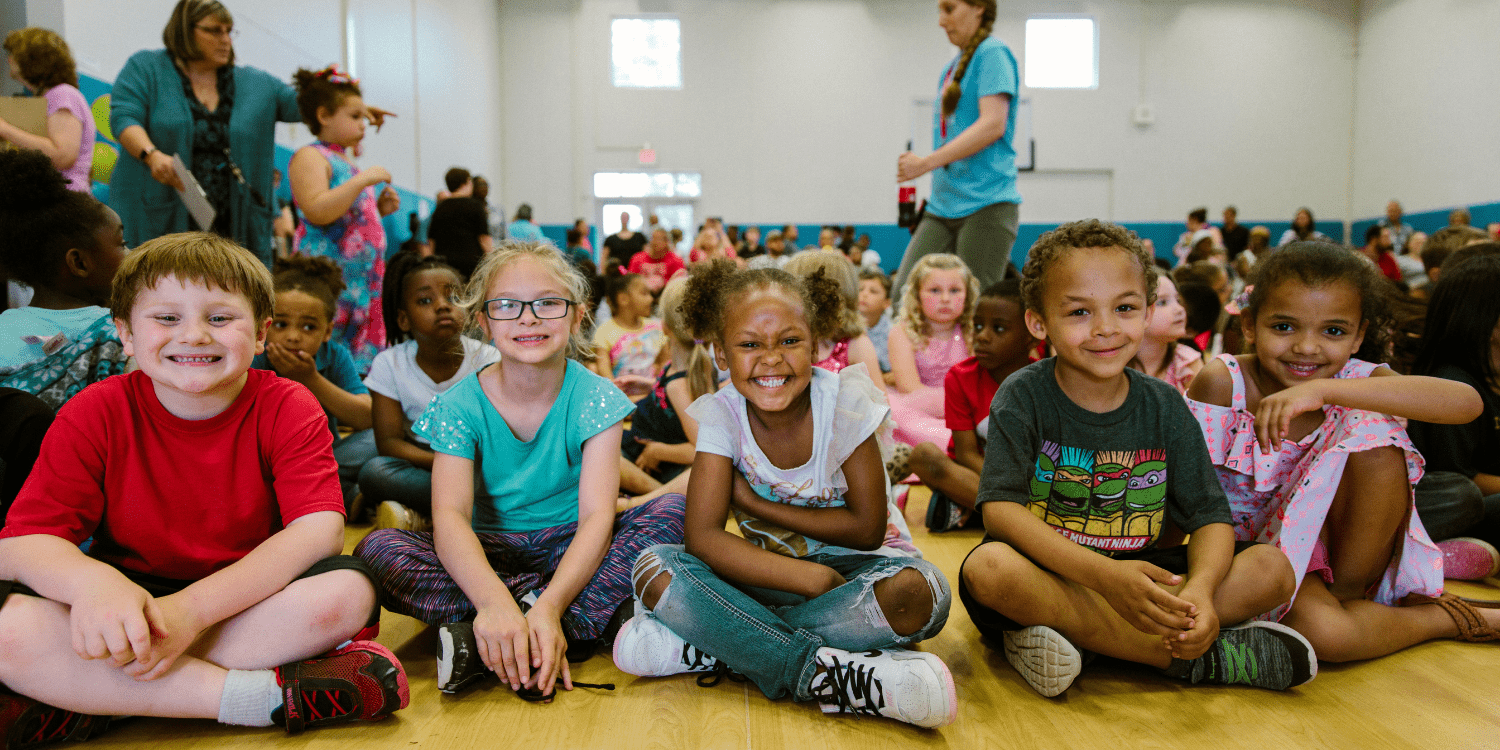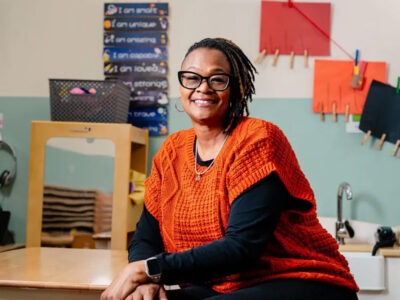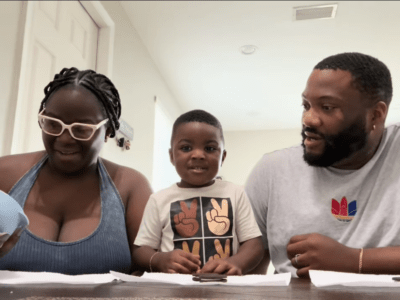Today – May 17, 2022 – is the 68th anniversary of Brown v. Board of Education, the U.S. Supreme Court case that declared segregation in the nation’s public education system as unconstitutional. The journey to this legal decision consisted of five cases – Brown v. Board of Education of Topeka, Briggs v. Elliot Davis, Davis v. Board of Education of Prince Edward County (VA.), Bolling v. Sharpe and Gebhart v. Ethel – and is rooted in Plessy v. Ferguson (1896), the first case to challenge Jim Crow laws and the Fourteenth Amendment.
A few years ago, The 74, a non-profit, non-partisan news site covering education in America, compiled oral histories of those involved with the five cases leading up to and including Brown v. Board of Education. Today, take a moment and listen to the voices of those who labored to ensure that all children received a quality education.
High-quality education for all students – despite their race, class or gender – ensures that children thrive and continue to prosper in their lives. 68 years later, communities continue to persevere through the continuing effects of school segregation, including racially unequal school boundaries, school funding, and unequal treatment within schools.
The people who advanced Brown vs. Board of Education, Plessy v. Ferguson and other cases created a legacy, and they created blueprints from which we can learn. The intention of Brown v. Board of Education will be fulfilled when our nation commits to healing from the effects of racism, and transforming the systems and structures that limit opportunity for children and families.
Lean More:
- History of Brown v. Board of Education, United States Courts
- Douglas Blackmon’s Pulitzer-prize winning Slavery By Another Name, PBS
- The Evolution of Brown II, Lian Parsons-Thompson, Harvard Radcliffe Institute, November 23, 2021
- Recovering Untold Stories: An Enduring Legacy of the Brown v. Board of Education Decision, a Project of The Brown Foundation for Education Equity, Excellence and Research, published by University of Kansas Libraries, 2018






Comments